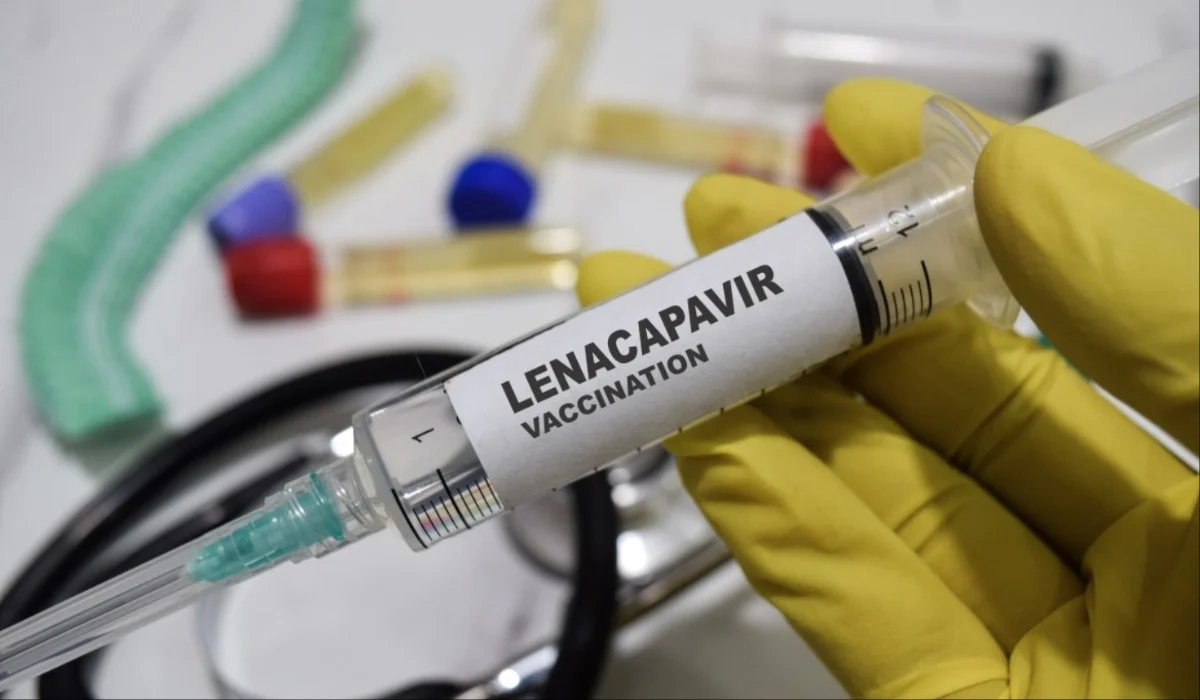The South African government has unveiled a strategy to deploy new HIV prevention injection in 2026. The drug, known as lenacapavir, requires administration only once every six months, a development hailed as a potential game-changer for public health. The national rollout is slated to commence in March 2026, offering a beacon of hope in a nation that has long battled the virus.
Health Minister Dr Aaron Motsoaledi heralded the announcement, framing it as a critical turning point. He stated,
“This long-acting injection is a timely and much-needed innovation. It overcomes significant challenges we face with daily pill adherence, providing a discreet and highly effective shield for our most vulnerable citizens.”
The Minister’s emphasis on the drug’s robust performance was clear, as he noted,
“In clinical trials, it demonstrated 100% efficacy in protecting women from acquiring HIV, a result that gives us immense confidence.”
ALSO READ: Over 31000 Schoolgirls Pregnant In KZN Health Crisis Report
New HIV Prevention Injection Coming To South Africa In 2026
The ambitious programme will not be launched nationwide at first. Instead, it will be strategically introduced in high-incidence districts across six provinces. The initial phase will prioritise populations identified as being at the greatest risk. Dr Motsoaledi confirmed that the rollout would “specifically focus on pregnant women, adolescent girls, sex workers, and men who have sex with men.” This targeted approach is designed to have the maximum impact on reducing transmission rates where they are highest.
The financial backbone of this initiative is a generous R500 million (approximately US$27.3 million) grant from the Global Fund. This investment is expected to cover the initiation of roughly 456,000 people over a two-year period. Perhaps the most staggering aspect of the deal is the drastic reduction in the drug’s cost. The Minister revealed,
“Through successful negotiations with Gilead and generic manufacturers, we have slashed the annual cost per person from a prohibitive R484,000 (approximately US$26,400) to a manageable R690 (approximately US$38). This makes what was once a theoretical solution a tangible reality for our public health system.”
The Path to Elimination
The introduction of the six-monthly jab is a cornerstone in a broader, fortified strategy to end AIDS as a public health threat in South Africa. This push is further strengthened by a commitment to local manufacturing of the drug and an additional R2 billion (approximately US$109 million) in funding from the US Centers for Disease Control and Prevention for existing HIV programmes.
ALSO READ: Senzo Meyiwa Murder Accused Claims Police Tortured Him For Confession
The collective ambition is stark and clear. Health authorities are aiming to drive new HIV infections down to below 0.1% by the year 2032, effectively moving the nation from managing an epidemic to eliminating a threat. As one health official close to the programme put it,
“Asinavalo esisodwa (We do not have a single fear). This is the breakthrough we have been waiting for.”

